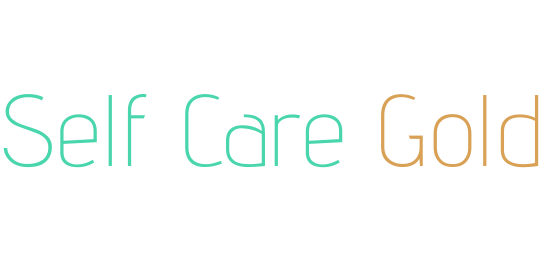We’re happiest and feel most successful when those we love are happy. We love being known as the one who people can go to with their problems. We love being able to make someone feel better. We go to great lengths to unstick someone we love from an issue they’re having – even if it’s been totally brought on by them!
I had too many mornings where one or the other of my kids would make me late and super-stressed because they hadn’t done something that they should have done the night before, or even the week before. Instead of making them go without or miss out or some other consequence, I’d dig them out of the hole while digging one for me to fall into.
Can you relate to that?
We often believe that we’re the ONLY one who can help our child/partner/friend/colleague. But this is almost always untrue. There will usually be someone else who can help if you can’t. Sometimes the other person will actually be a better help – maybe because they are an expert in a field or they’ve experienced the same problem and found a solution.
Sometimes the person with the problem can actually help themself and that can be the best outcome for them – they may just need to be nudged in that direction.
You are not the ‘be-all-and-end-all’ for anyone. It’s fine to refer the person you’ve been helping to someone else; that isn’t being a bad friend, quite the opposite in fact – you’re giving them access to more and potentially better help.
It’s also ok to just not keep giving if the cost to you is becoming too high.
Or maybe there’s the possibility to bring in someone else to co-help if you feel you need to share the load. Two heads are often better than one anyway.
Helping people, and giving, feels good; heck it feels nice and we all like to feel needed, but then sometimes that changes and giving, giving again and giving some more stops feeling good – particularly if we’re not getting anything back from the person we’re putting so much energy into helping.
There can come a time when we give just a bit too much. And it comes at a cost – a cost to us. We start to neglect our needs. We place the other person’s worth and importance above our own. And that’s not good.
So how do we right the balance?
If you’re like many women and mums (including me), you’ll feel guilty if you decide not to help a loved one with a problem (and by that I suppose I really mean solve it for them). That’s natural (it comes back to the boobs bit). But oh that horrible guilt again – gosh it has a way of really getting to us doesn’t it?
Now I’m definitely not saying you should start to be really selfish and refuse to offer any help to anyone! Noooooo – that’s not what self-care is about at all.
It’s about getting the balance right, so that giving continues to feel good and there’s not a huge personal cost attached. It’s likely to need small steps to start to right the balance. It’s about boundaries and re-setting your self-worth.
You see, if we always bail out those close to us, they’ll come to expect that as the norm. They’re probably blissfully unaware of the cost it’s having on us. So, it’s up to you to let them know and let them know what will be acceptable to you moving forward. You don’t have to get bolshy about it and you definitely don’t need to feel guilty about it.
Going back to the example I told you earlier about my kids. I realised that they were old enough to take on the responsibility of making sure they had the things they needed for school and sports. They can read the notices and they can mark things on a calendar. I told them that I expect them to get things ready the night before, so that there’s no panic at the last minute when they can’t find something they need to take that day.
I don’t expect them to go out and buy things they need for a school trip, or pay sports registration fees online (although, scarily, both do know how to do that from my account – isn’t that funny how they’re very capable of that?!)
But one game-changing thing I did was to introduce a book that the whole family writes in any specific items they need and the date they need it by. I look at the book twice a week and I go out and get what everyone needs. No last minute rushing and panic-buying. Simple. stress-free and boundaried. It’s called our Green Book 🙂
My boundary is that I won’t (always) take on the responsibility of making sure kids & partner have what they need on time, however I’m happy to help by getting things they let me know they need. I’m not prepared to fly round on the morning trying to buy something they’ve known they needed for 2 weeks. That stresses me as it squeezes the time I have to be where I’m supposed to be. And that’s a cost.
And as a positive for us both, I can also see that I’m actually helping my kids by teaching them to take responsibility and not rely on someone else to the nth degree.
I introduced a healthy balance of self-worth and importance. Eliminating the morning stress for me is important – I am worthy and don’t deserve to have that stress put on me. My not having that stress is important.
At the same time, my kids have a solid vehicle to tell me what they need and they’re secure in the knowledge that I’ll get what they need.
Clearly my 11 year old girl and 10 year old boy are at an age where I do still need and want to give them a lot of help. But it’s not always necessary for us to find a mutually beneficial balance. It’s perfectly ok to choose not to help if the cost to you is too high. There will be someone else to help them so you don’t need to carry that heavy guilt when you say no.

